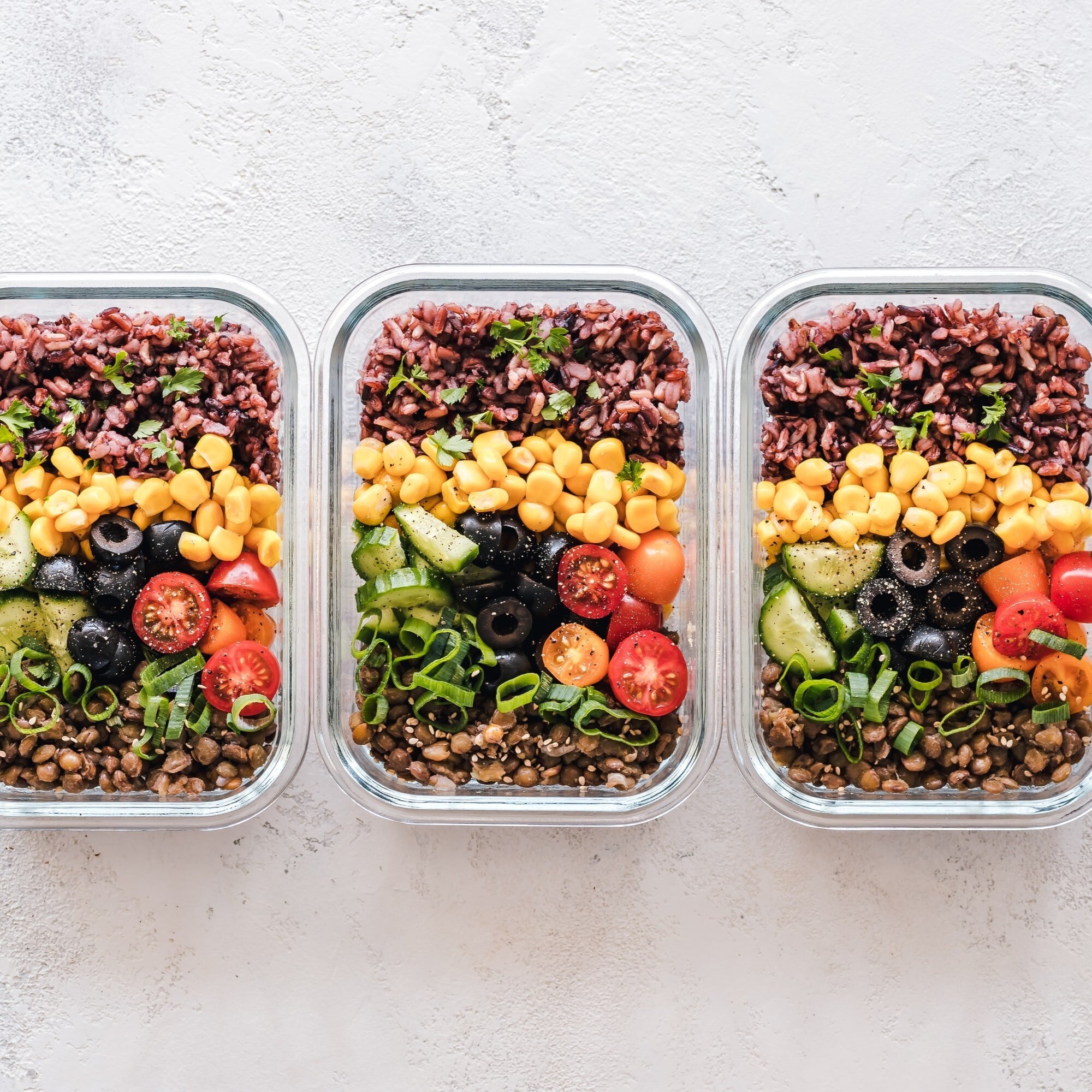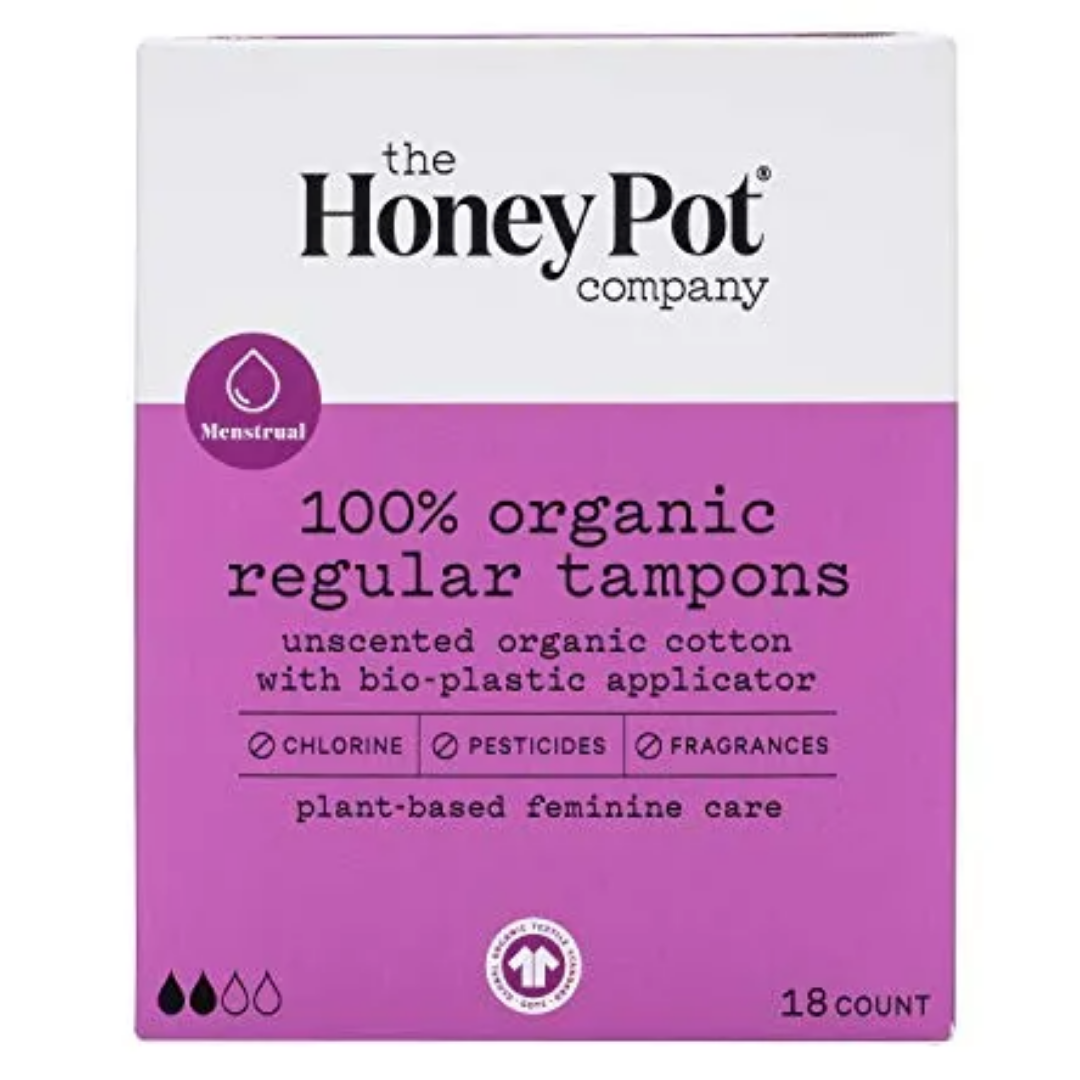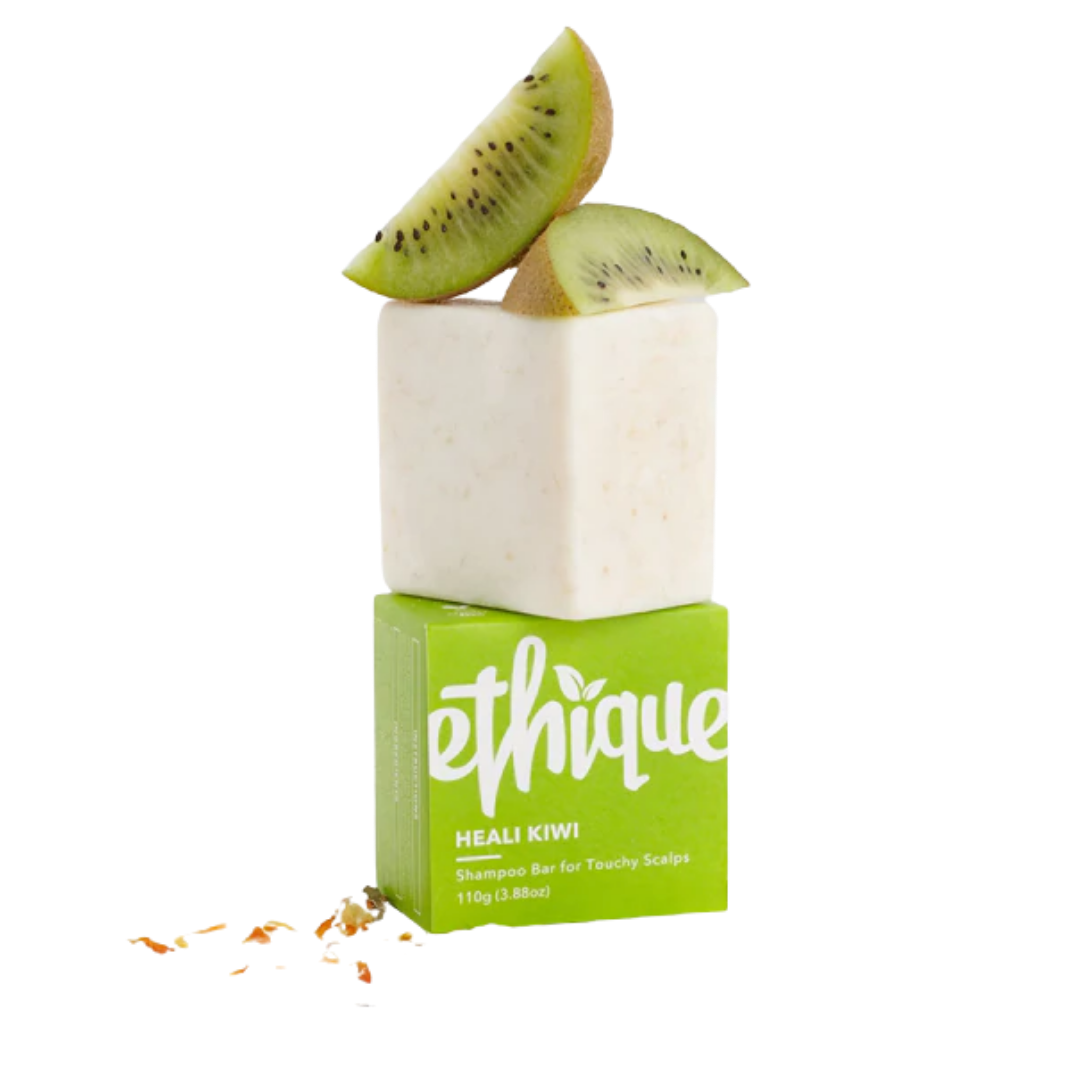6 Environmentally Conscious Things You Can Do Right Now
W&S Staff Guide
SHARE ON:
Have you noticed that being “environmentally conscious” is the priority of every brand, organization or company these days? We have to.
Due to the overwhelming rise of environmentally conscious initiatives, it might be hard for the average consumer to know what it actually means to live an environmentally conscious life or where to start.
Luckily, we at W&S are all about helping you along the way on your conscious living journey. Thus, we’ve put together our best tips on what steps you can take to lead a more environmentally conscious life today.
Nervous these tips might be out of reach? Don’t worry— our suggestions are approachable to anyone. Whether you’re a conscious living newbie or a pro, you’ll find something you can do on this regularly updated list!
What Does It Mean To Be Environmentally Conscious?
Being environmentally conscious is a relatively simple concept. It’s similar to the fundamental conscious living ethos, which focuses on a holistic awareness of one’s actions. This awareness is just concentrated on impacts on the natural world’s processes, animals, and things that sustain them.
“Existing in a way where nature and those living in it today and in the future can reach their full potential is what being environmentally conscious is all about.”
This makes being environmentally conscious a radical reconception of abundance. Instead of defining abundance by the neocolonial, traditional Western notions defined by excessive individual consumption regardless of impact, environmentally conscious abundance invites you to conceptualize value in terms of what surrounds you.
Our fellow humans, animals, plants, rivers, forests, etc., all depend on a thriving environment to survive. Existing in a way where nature and those living in it today and in the future can reach their full potential is what being environmentally conscious is all about.
It’s not necessarily buying certain eco-friendly, organic, whole food products, being completely zero waste, or never using plastic again in your life. While these things are great, they are challenging goals for a person to reach and can lead those starting in the middle of their environmentally conscious journey to become discouraged.
It’s better to be realistic about your resources and live your life as environmentally conscious as possible while accepting that you’ll never be perfect at it. In this way, environmentally conscious living will look different for everyone, and that’s okay!
We kept this in mind when creating our list of actions you can take to lead a more environmentally conscious lifestyle. Hence, they are grouped based on your prior familiarity with the concept itself:
Newbie Ways To Be More Environmentally Conscious
Plan For Your Next Meal To be Plant-Based
Switching out your usual meat-eating with plant-based meat products or veggies is a great way to start your environmentally conscious journey.
If you’re unsure where to get started, we recommend checking out our Cold Peanut Noodle Salad Recipe. The ingredients are cheap and accessible for people on most budgets.
You could also try cooking a meal you usually cook and trading the meat element for something plant-based. You can do a quick Google search for vegetarian versions of your favorite recipes.
Still, if you’re unable to find something you like, keep in mind that foods such as tofu, seitan, eggplants, cauliflower, and chickpeas are considered the base substitutes for most meat items. These foods tend to be high in protein and other macronutrients while being lower in calories and fat than meat.
Turn Off Your Tech
Turning off and unplugging tech and appliances that are not in use is one of the easiest ways to be more environmentally conscious. It also allows you to keep your appliances longer, as unplugged items are protected from potential energy surges.
Unplugging your appliances and tech can also save you money. The US Department of Energy estimates that households can save from $100-$200 per year from unplugging appliances alone! There’s no downside beyond the minor inconvenience of turning off your appliances and devices whenever they’re not in use!
Stop Doing Shopping Hauls
This may be easier said than done, but buying large quantities of items in bulk most of the time isn’t a good thing. Unless these items are necessities such as toilet paper, soap, non-perishable food items, etc., you’re probably purchasing something you don’t need in excess.
Most items that can be “hauled” are usually cheap, poorly made, and not meant to last (i.e. fast fashion). This means you are buying a lot of stuff you are most likely to throw away soon after.
Foregoing the shopping haul and those who uplift them is an opportunity for you to become a more conscious consumer. By not buying so much stuff you don’t need at once, you can meditate on things you do want (and need) for longer and make wiser choices as a result.
Advanced Ways To Be More Environmentally Conscious
Think About Your Menstrual Products
Most menstrual products are made from plastic and meant to be thrown away. These disposable menstrual products produce loads of waste. This is a major reason why the menstrual cup was created.
The menstrual cup lasts a year minimum on average. Also, switching to a menstrual cup replaces the use of around 528 disposable pads and tampons! For those ready to make the switch, we recommend trying out:
To be fair, the menstrual cup might not be for everyone. If you’re one of those people, perhaps try looking into an organic, biodegradable version of the menstrual product you’re already in love with.
For instance, you might want to check out brands and products like:
2. Try Plastic-Free Hair Care
Traditional cosmetics are almost always packaged in plastic bottles and often contain water-polluting chemicals and agents, such as parabens or microplastic beads. These chemicals can have harmful effects on rivers, lakes, streams, groundwater, and the animals that directly depend on them (including humans).
Opting for shampoo and conditioning bars is a great way to combat these impacts. These bars are typically made with vegan-friendly, cruelty-free, and organic ingredients that are as beneficial to your health as they are for the natural environment. For those ready to make the switch, we recommend:
Earthkind, Tea Tree & Eucalyptus Shampoo Bar & Organic Oats Conditioning Bar
Ethique, Heali Kiwi Shampoo Bar & Curliosity Conditioner Bar
3. Try Composting!
Last but certainly not least, composting is a great way to become more environmentally conscious. Composting is the natural process of recycling organic waste into nutrients for plants and soils. Practicing composting will help you reduce waste, your water footprint, and your methane footprint.
There are two types of composting: cold composting and hot composting. What method you choose will depend on how much you can put toward startup costs and the amount of space you have available.
Not sure where to get started? No worries, Andrea Beck’s step-by-step guide will help you understand the ins and outs of composting and everything you need to know to succeed!















